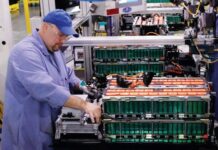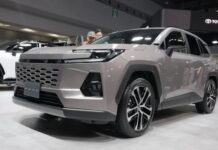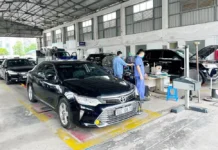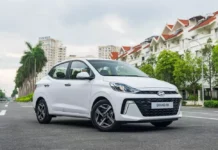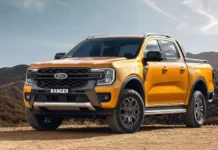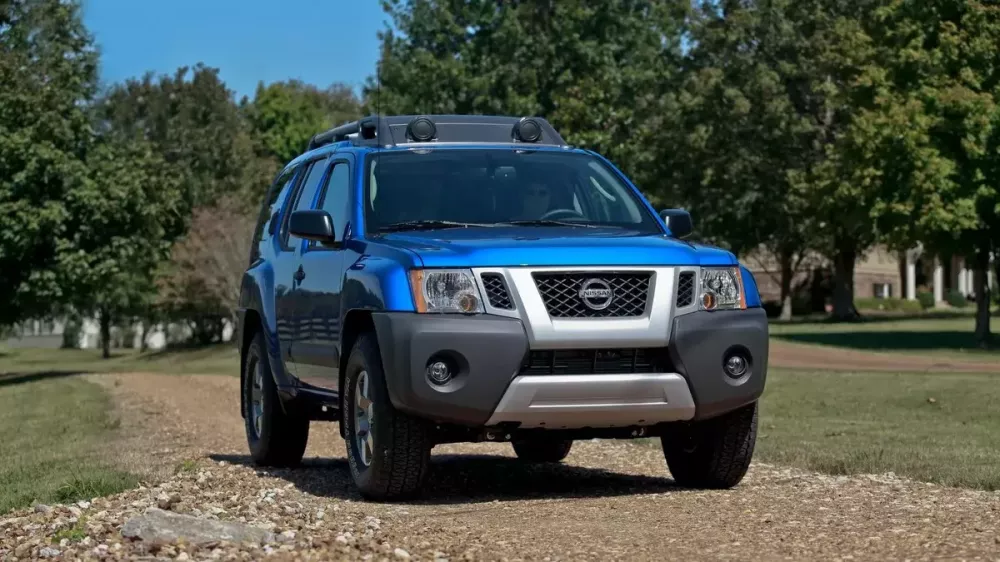In a recent interview with Bloomberg, Christian Meunier, Chairman of Nissan Americas, revealed that the company plans to reintroduce the Xterra in 2028, featuring a hybrid V6 engine. This move aims to maximize the untapped capacity at the Canton, Mississippi plant. Nissan is also considering a premium Infiniti version of the SUV, alongside relocating production of the Nissan Armada and Infiniti QX80 to the same facility.
“Dealers are thrilled, as this clearly demonstrates Nissan’s strong comeback,” Meunier stated during the interview on September 30, 2025. He added that the project would “scale up production and optimize costs.”
Amid its global downsizing efforts to restore profitability, Nissan is increasing gasoline vehicle production in the U.S. to align with President Donald Trump’s trade and environmental policies.
The Xterra, once popular, was discontinued in the U.S. a decade ago due to stricter emissions standards and the industry’s shift toward smaller, sleeker SUVs.
Additionally, Nissan has halted plans for a new all-electric vehicle at the Mississippi plant, citing weak demand for zero-emission vehicles in the U.S. market. Demand may further decline as federal subsidies end in October.
In March 2025, Nissan confirmed its commitment to launching a battery-electric vehicle in Canton by 2028, partnering with South Korea’s SK On for battery supply.
Currently, Nissan imports electric models like the Leaf from Japan but has reduced volumes due to higher tariffs. The company is evaluating U.S.-based EV production, contingent on cost reductions or risk-sharing partnerships, according to Meunier.
“With the EV market’s volatility, this decision makes sense,” he noted.
New U.S. Strategy: Focus on Hybrids and Gasoline Vehicles
Nissan is set to launch an updated Sentra sedan later this year, followed by a plug-in hybrid Rogue SUV in early 2026. These releases aim to boost U.S. sales after a 6.5% Q2 decline and flat first-half performance in 2025.
Meunier confirmed the new Xterra will share platforms, hybrid powertrains, and components with the Nissan Frontier, Pathfinder, and Infiniti QX60.
Plant Adjustments and Workforce Plans
Nissan’s Smyrna, Tennessee plant, initially slated for single-shift operations, continues with two shifts due to Trump’s import tariffs. Meunier expressed hope for a third shift upon the next-generation Rogue’s launch.
Impact of Tariff Policies
Despite industry disruptions from White House tariffs, Meunier views the challenges as catalysts for Nissan’s U.S. restructuring.
“This is beneficial for Nissan, forcing us to rethink our approach,” he said. “It pushes us to do things right. For a market as large as the U.S., local production is essential.”


